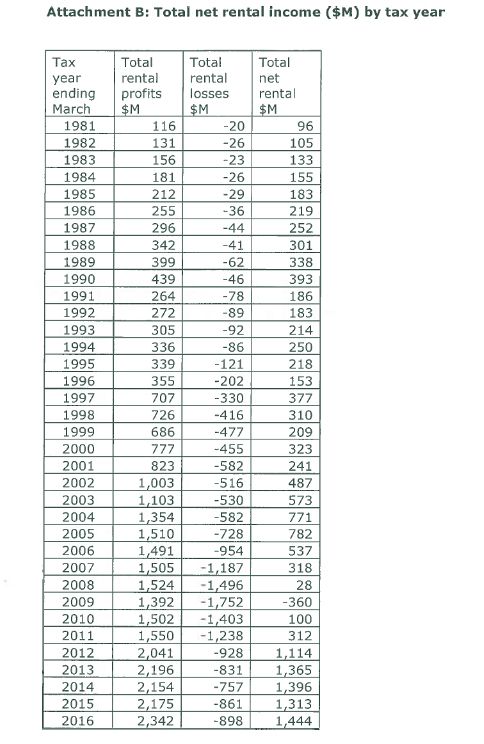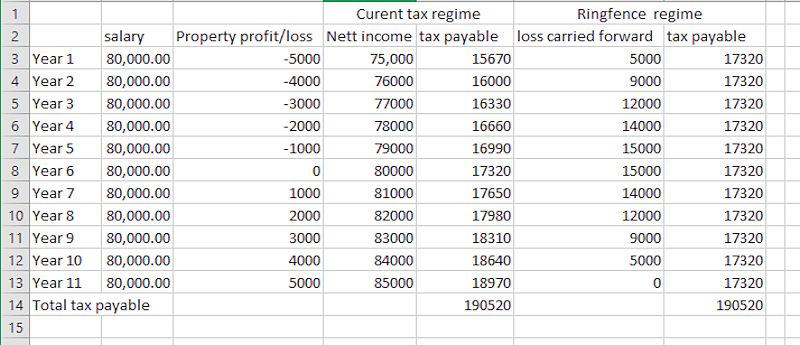Originally posted by Wayne
View Post
Ie lots of farmers get a $30k wage a year as the business owners, as otherwise farm would have a huge loss (would then use LTC!). Same with business, lots of business don't pay the owner a fair wage because they don't make a profit.
Ross





Comment